 |
|||
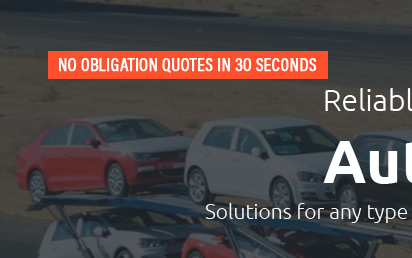 |
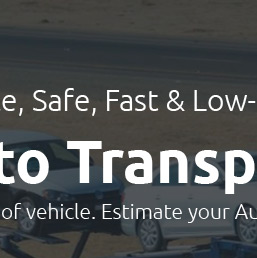 |
 |
|---|---|---|
 |
 |
|
 |
 |
 |
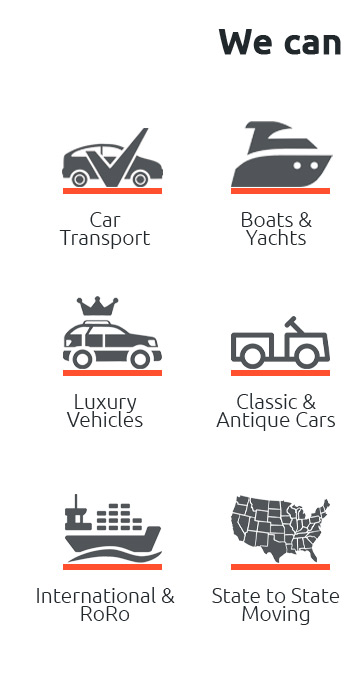 |
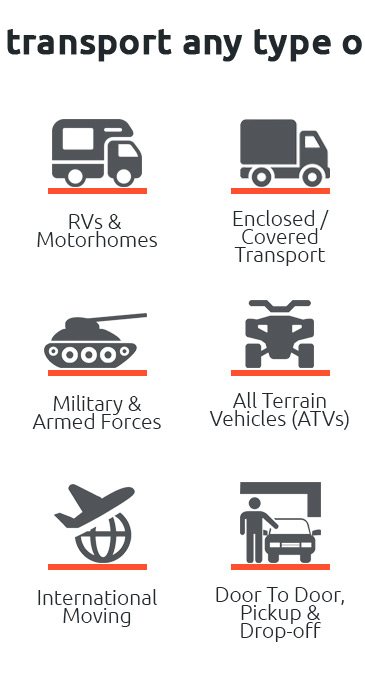 |
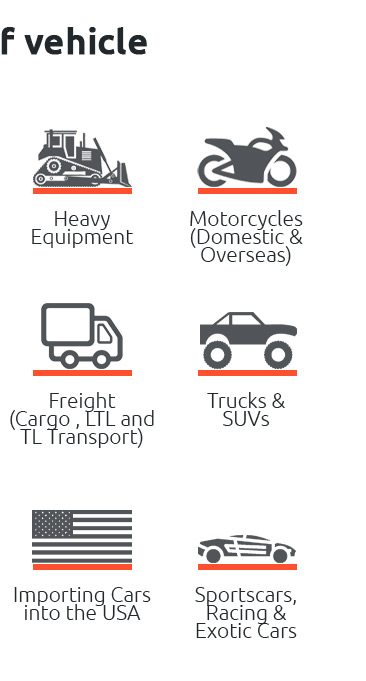 |
|---|
 |
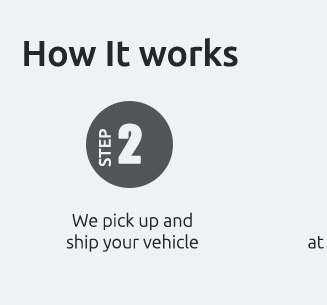 |
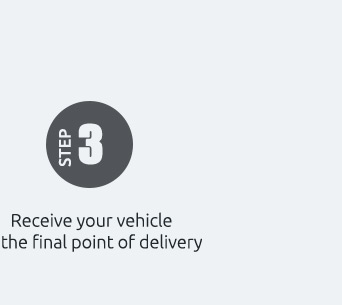 |
|---|---|---|
 |
||
 |
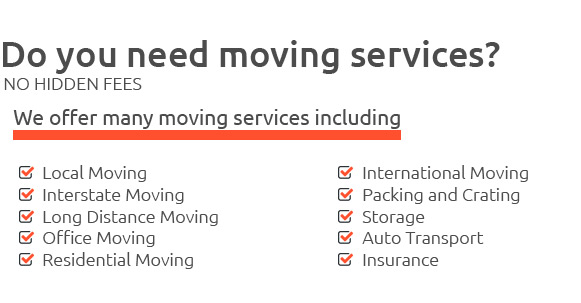 |
|---|---|
car air freight cost: what drives it and when it makes senseWhat affects the priceThe total you pay is usually a mix of chargeable weight, distance, fuel surcharges, and handling at origin and destination. Airlines bill on the higher of actual or volumetric weight, so a light but bulky coupe crate can price like a heavier sedan. Peak seasons and limited belly space push rates up. Pros and cons to weigh
Practical budgeting tipsAsk for an all-in quote that lists base rate, security, terminal, customs, and delivery. Measure the crate precisely and share photos to avoid re-rating.
If your timeline allows, balance air against sea or multimodal; the best value is often the one that minimizes total risk, not just the headline price.
|
|---|